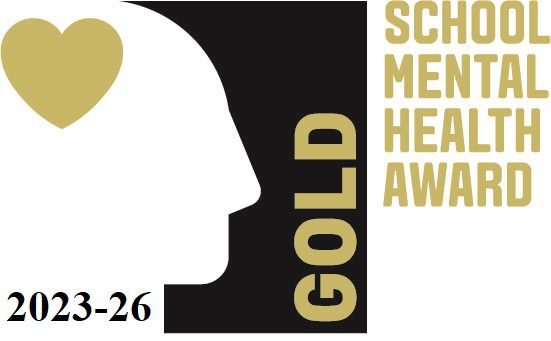We are committed to developing the full potential of each member of our school community, we are committed to equal opportunities for all and believe that every student, whatever their ability, has the right to be challenged and encouraged to develop to their full potential.
The school sees enhancement of learning opportunities for the most able students as a natural progression in meeting the needs of all and as a school community we seek to foster a climate of ‘scholastic excellence’ for the benefit of every learner.
We support every child in developing their God given talents. As a school we feel it’s important to nurture this enthusiasm and develop a student’s understanding and experience.
AGT provision is evidenced most strongly through the outstanding classroom provision in all subjects. Students are challenged, stretched and extended in every lesson by developmental ‘challenge tasks.
AGT students are encouraged to take up leadership positions within the school and are offered the opportunity to do so through peer mentoring, the prefect system, the school council and the Trust Pupil Parliament.
How can parents and carers help?
To support their child at home, parents should refer to the ‘Character’ challenges and encourage their child to complete as many as they can.
A concept which we follow at our school is growth mindset based on the work of Carol Dweck. We believe the best thing to do is to teach children to love challenges, be intrigued by mistakes, enjoy effort, and keep on learning and asking questions. Rather than simply praising success we praise effort, persistence and positive attitudes to the frequent difficulties in the process of learning.
A quote from Carol Dweck:
“In a fixed mindset students believe their basic abilities, their intelligence, their talents, are just fixed traits. They have a certain amount and that’s that, and then their goal becomes to look smart all the time. In a growth mindset students understand that their talents and abilities can be developed through effort, good teaching and persistence. They don’t necessarily think everyone’s the same or anyone can be Einstein, but they believe everyone can get smarter if they work at it.”
This is important because (1) individuals with a “growth” theory are more likely to continue working hard despite setbacks and (2) individuals’ theories of intelligence can be affected by subtle environmental cues. For example, children given praise such as “good job, you’re very smart” are much more likely to develop a fixed mindset, whereas if given compliments like “good job, you worked very hard” they are likely to develop a growth mindset. In other words, it is possible to encourage students, for example, to persist despite failure by encouraging them to think about learning in a certain way.”

Pupils who have growth mindset:
- Believe that intelligence is not fixed
- Thrive on challenge
- Throw themselves into difficult tasks
- Are self-confident
- Recognise intelligence can continually be improved through effort
- Ignore the low aspirations of their peers
- React to failure by trying harder
- Engage in self-monitoring
- Have learning goals
- Like feedback on their performance so they can improve
People with a fixed mindset will only tackle things at which they are fairly certain they will succeed. People with a growth mindset will not only tackle any task, regardless of whether they believe they will succeed or not, but will feel excited by the challenge.
We can fix mindset through our language of praise:
- “You learned that so quickly! You’re so smart!”
- “Look at that drawing. Is he the next Picasso or what?”
- “You’re so brilliant”
- “You got an A without even studying! Well done”
- “That’s amazing, you didn’t make a single mistake”“You have natural flair”
Remember that you are the product of your upbringing and education and you may have been brought up with a fixed mindset yourself.
Ask yourself honestly:
Do I believe I won’t ever be good at something?
Do I constantly compare myself to others?
Do I give up easily?
Do I make things easier for my child so they don’t risk failure?
Do I care about where my child ranks?
Do I praise my child for getting the best / top mark?
Do I tell my child how clever they are?
Do I reinforce their negative views (I couldn’t do maths, so it’s no surprise my child can’t)?
If the answer to any of these questions is yes, then don’t panic – it’s easy to change your mindset!






